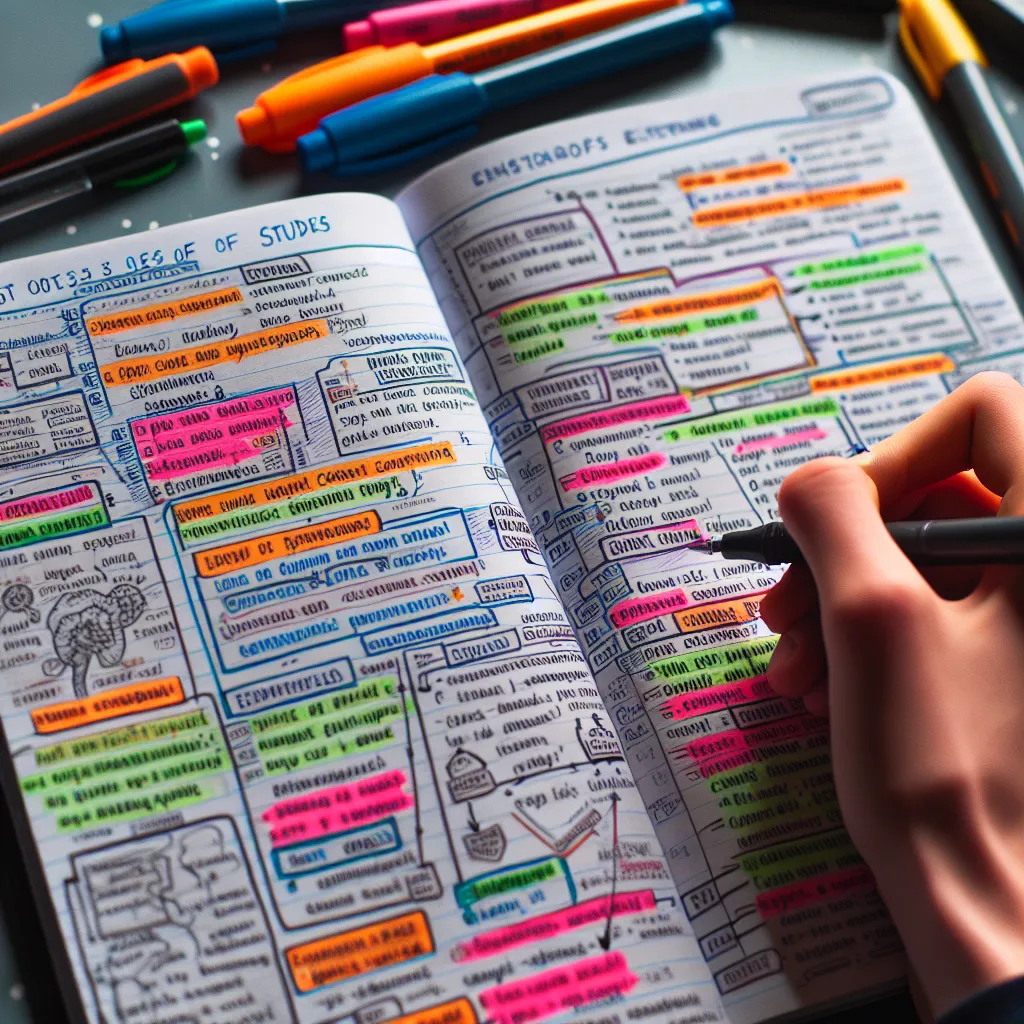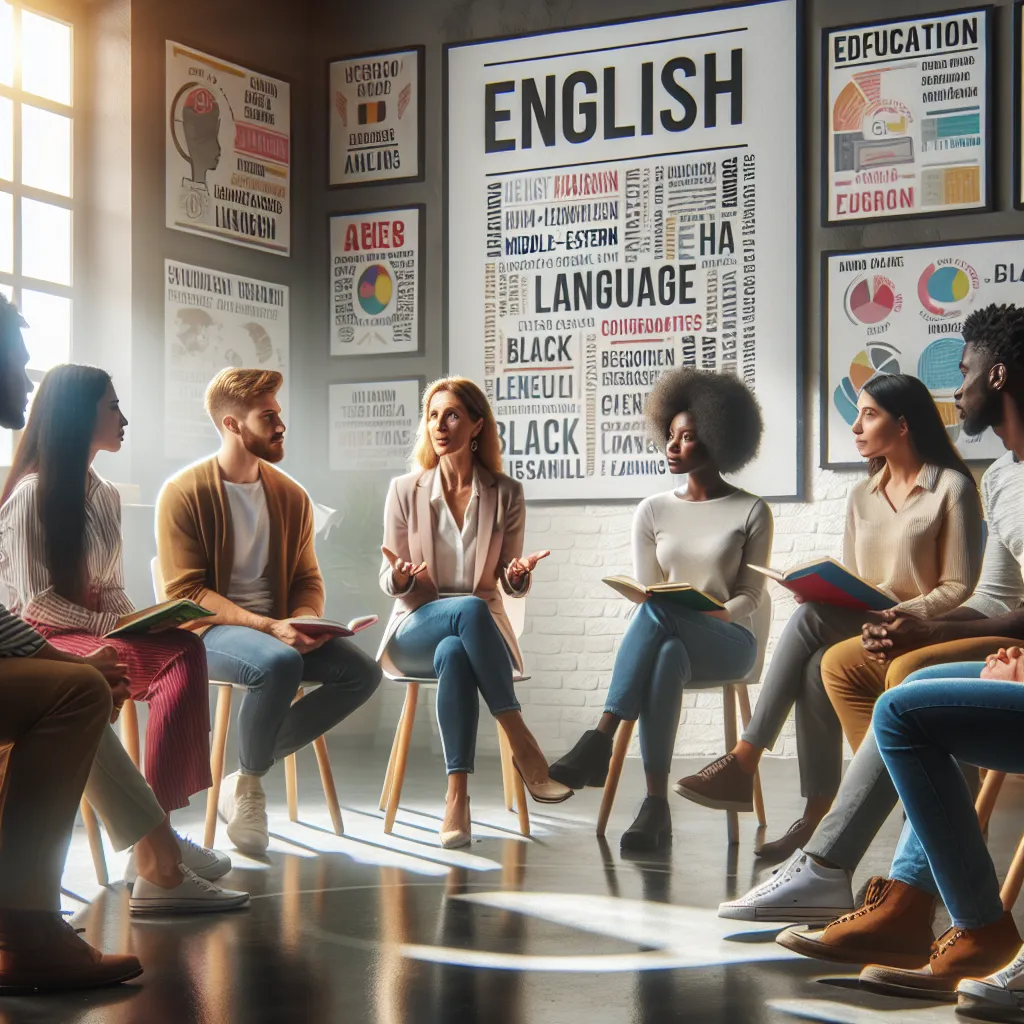Are you struggling to understand English lectures? Whether you’re an international student or a non-native English speaker attending conferences, improving your comprehension skills is crucial for academic and professional success. In this article, we’ll explore ten practical tips to help you enhance your English comprehension during lectures.
 Student attentively listening to an English lecture
Student attentively listening to an English lecture
Why English Comprehension in Lectures Matters
Before diving into the tips, it’s essential to understand why enhancing your English comprehension in lectures is so important. Lectures are a primary mode of instruction in many educational settings, particularly in higher education. They provide valuable information, insights, and context that may not be available in textbooks or other resources. For non-native English speakers, mastering lecture comprehension is a critical skill that can:
- Improve academic performance
- Enhance career prospects
- Boost confidence in English-speaking environments
- Facilitate better participation in discussions and Q&A sessions
Now, let’s explore the tips that can help you achieve better English comprehension in lectures.
1. Prepare in Advance
One of the most effective ways to improve your comprehension is to prepare before the lecture. This includes:
- Reviewing the lecture topic and related materials
- Familiarizing yourself with key vocabulary and concepts
- Reading relevant chapters or articles
By doing this, you’ll have a better foundation for understanding the lecture content and context.
2. Develop Active Listening Skills
Active listening is crucial for effective comprehension. Here are some techniques to practice:
- Focus on the speaker’s main points
- Take notes on key ideas
- Mentally summarize what you’ve heard
- Ask yourself questions about the content
These strategies help keep your mind engaged and improve your ability to process information in real-time.
3. Improve Your Note-Taking Techniques
Effective note-taking can significantly enhance your comprehension. Consider these methods:
- Use abbreviations and symbols for common words and phrases
- Implement the Cornell Note-Taking System
- Create mind maps or visual diagrams
- Utilize digital tools like Evernote or OneNote
Remember, the goal is to capture the main ideas, not transcribe every word.
 Student taking notes during an English lecture
Student taking notes during an English lecture
4. Enhance Your Vocabulary
A robust vocabulary is essential for understanding academic lectures. To improve your vocabulary:
- Keep a vocabulary journal
- Use flashcards or apps like Quizlet
- Learn common academic and field-specific terms
- Practice using new words in context
Remember, consistency is key when expanding your vocabulary.
5. Familiarize Yourself with Different Accents
Lecturers may have various accents, which can affect comprehension. To improve your ability to understand different accents:
- Listen to podcasts or watch videos featuring diverse English speakers
- Practice with accent reduction exercises
- Attend international conferences or webinars
- Engage in conversation with people from different English-speaking backgrounds
Exposure to various accents will help you adapt more quickly in real-life situations.
6. Utilize Visual Aids
Many lectures include visual aids such as slides, charts, or diagrams. These can be valuable tools for enhancing comprehension:
- Pay attention to visual cues and how they relate to the spoken content
- Use images to reinforce your understanding of complex concepts
- Review presentation slides before or after the lecture if available
Visual aids can provide context and help you better grasp abstract ideas.
7. Practice Predicting and Inferring
Developing your ability to predict and infer information can greatly improve your comprehension:
- Try to anticipate what the speaker will say next
- Look for patterns in the lecture structure
- Use contextual clues to understand unfamiliar words or concepts
- Practice making educated guesses about the overall message
These skills will help you fill in gaps and maintain understanding even if you miss some details.
8. Engage in Post-Lecture Review
After the lecture, take time to review and reinforce your understanding:
- Re-read your notes within 24 hours
- Summarize the main points in your own words
- Discuss the lecture content with classmates or colleagues
- Create a mind map or outline of the key concepts
This practice helps solidify your comprehension and identify areas that may need clarification.
9. Seek Clarification
Don’t hesitate to ask for clarification when needed:
- Raise your hand during the lecture if appropriate
- Visit the lecturer during office hours
- Email the speaker with specific questions
- Discuss unclear points with peers or tutors
Remember, seeking clarification is a sign of engagement and dedication to learning.
 Student asking a question during an English lecture
Student asking a question during an English lecture
10. Use Technology to Your Advantage
Technology can be a powerful tool for enhancing your comprehension:
- Record lectures (with permission) for later review
- Use speech-to-text apps to generate transcripts
- Utilize language learning apps for vocabulary and listening practice
- Access online resources like LearnEnglish.net’s strategies for enhancing English comprehension during presentations
These technological aids can supplement your learning and provide additional support for improving your comprehension skills.
Conclusion
Enhancing your English comprehension in lectures is a gradual process that requires dedication and practice. By implementing these ten tips, you’ll be well on your way to improved understanding and academic success. Remember to be patient with yourself and celebrate small victories along the way.
Which of these tips do you find most helpful? Do you have any additional strategies that have worked well for you? Share your experiences and questions in the comments below, and let’s continue the conversation on mastering English lecture comprehension!




